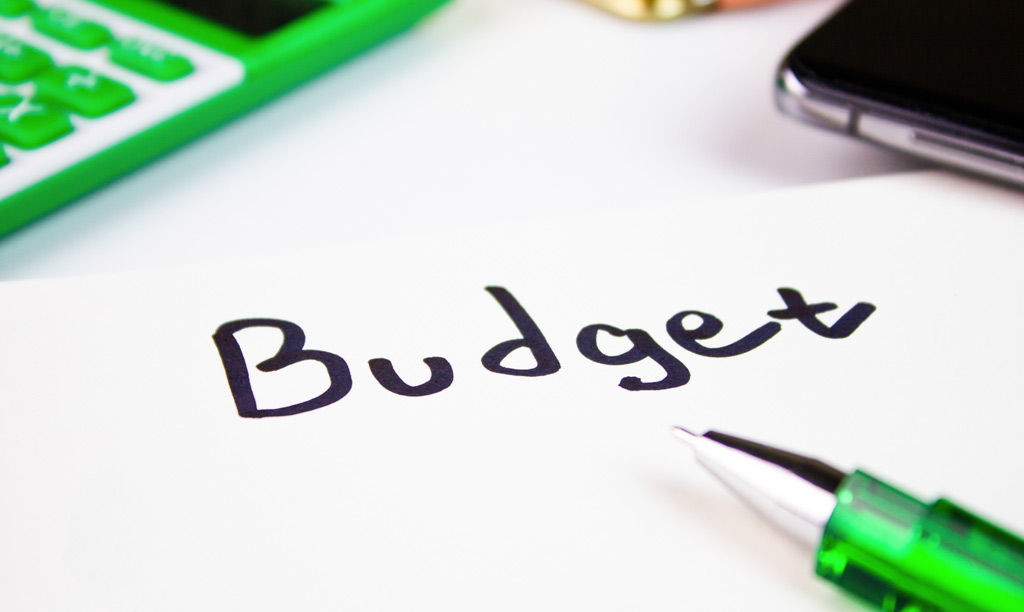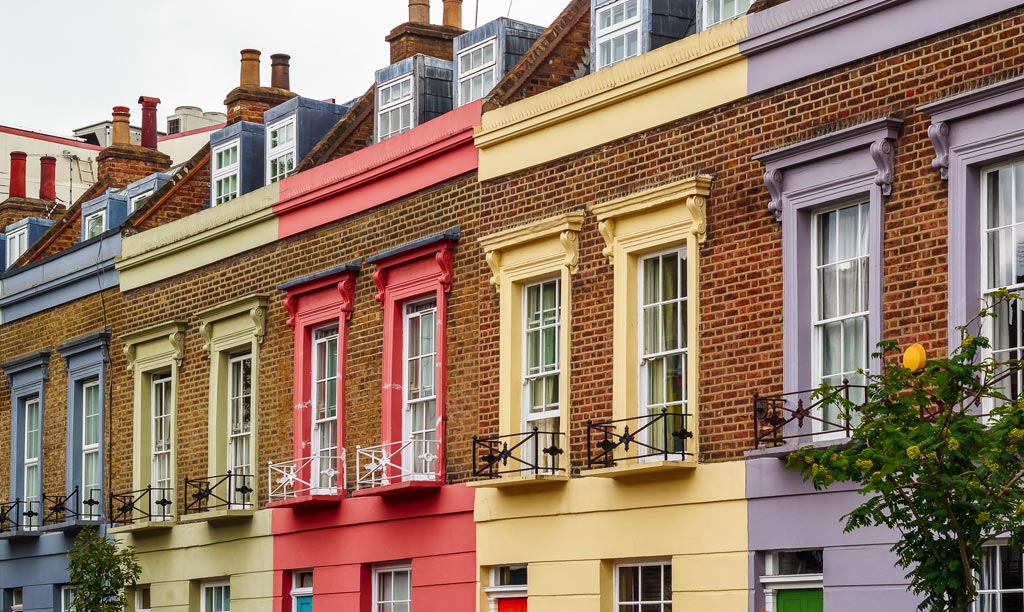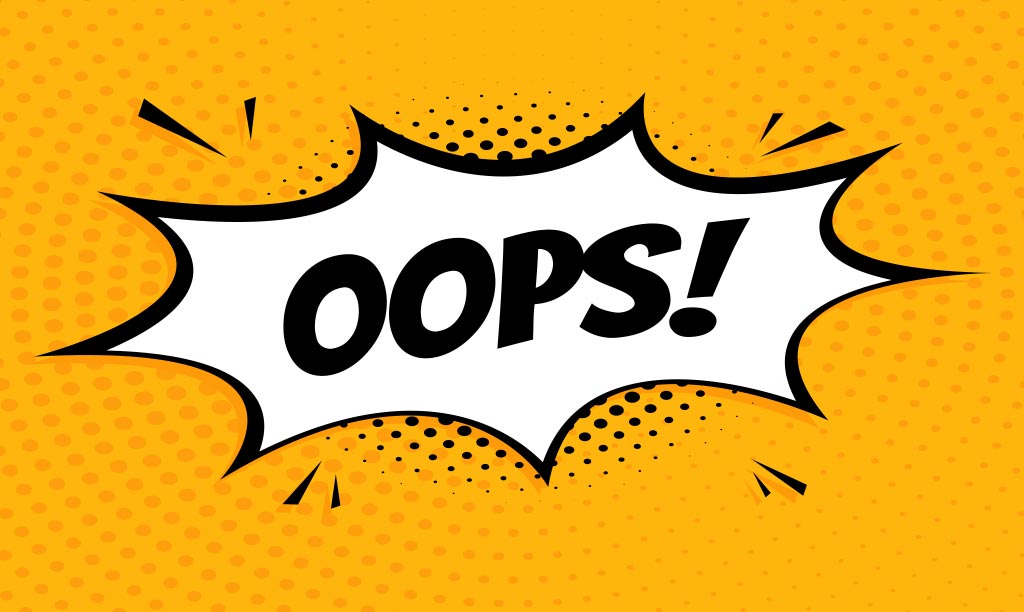VAT is a transaction tax and each transaction has a VAT consequence. If VAT is overlooked it is difficult to mitigate the VAT fallout after the transaction has happened. We are sure that those taking the time to read this article expend huge efforts in providing the best service to their clients, but might there be an element to your service that is missing because you don’t know what questions to ask them to anticipate any VAT challenges?
The best time to be proactive in any client relationship is right from the beginning. These are our suggestions of 5 questions you would want to ask any new client when taking them on to ensure they are not falling foul of VAT law or indeed missing out on VAT opportunities. We recommend you include these questions within your onboarding process for two reasons:
- You demonstrate that you are proactively considering their VAT position and whether there is anything you can do to solve a potential problem or help them take advantage of an opportunity
- you avoid a VAT issue highlighted sometime after you start acting (for example a mailshot from another advisor or a HMRC visit) leading to the familiar statement “why didn’t you raise this?” regardless of whether you were engaged to review the VAT position or not.
The consequences of VAT non-compliance can be severe and penalties for human error AKA ‘carelessness’ are commonplace.
1. Are you VAT registered and if so please provide the registration details/certificate?
This would seem an obvious one, but we have in the past discovered VAT registrations in the wrong legal entity particularly when a partnership was originally registered but only one of the partners now remains. This in itself has the potential to cause headaches as a partnership business which has become the business of a sole trader potentially means income from that sole trader that was not originally within the partnership comes within the scope of VAT. And this is just one of the potential skeletons to uncover.
2. Have you previously received specialist VAT advice in the past or have any current agreements in relation to your VAT position with HMRC? If so, please provide copies.
If we had a penny for the number of times, when we have asked why a business is accounting for VAT on one income stream or exempting another, we have been told that it was agreed with HMRC "some years” ago we might be able to buy an island in the Bahamas (probably not but you understand our meaning). Ensuring that agreements with HMRC/ advice from previous advisors says what the client thinks it does is very good due diligence if you are going to be preparing VAT returns on the "this is what we’ve always done” basis.
3. Do you buy from or sell to overseas businesses or consumers or intend to in the future?
The answer to this, if anything other than no, provides a great opportunity to ensure that your client isn’t falling foul of any complex place of supply rules which may (have) triggered an overseas VAT registration (Remember now we are out of the EU a single supply to an overseas customer could do this). Furthermore, finding out about any overseas intentions early gives you the opportunity to offer proactive advice and also ensures that any quote for VAT return preparation can take account of potentially complex matters dealing with reverse charge and place of supply issues.
4. Do you have any exempt or "non business” or zero-rated income?
Understanding the profile of your client’s business is very important for you to be able to provide advice. For example, if your client has exempt income and they have told you in the questions above they have no agreements with HMRC and have not has specialist VAT advice, you can suggest that they may benefit from a VAT review. It may be that a special partial exemption method could allow them to recover lots more VAT. If the answer is no but you know they have a rental income ask to see their option to tax. If they tell you they bought it with VAT so the building is opted, it may be time to call us.
5. Do you own or have a lease over land/buildings, and have you spent £250K on them in one or more projects in the last 10 years?
If you are wondering why 10 and not 4 years, given VAT assessments are capped at 4 years, then a refresher on the Capital Good Scheme (CGS) is in order. The CGS is a 10 year adjustment period in which VAT initially claimed on land and buildings needs revisiting and adjusting depending on the recovery position of the business over (usually) a 10 year period. Partially exempt businesses and charities have most scope to get this wrong and if you are going to be doing the VAT returns for any such business you will be needing to include the CGS adjustment on the second return after the VAT year end, so make sure you know when you need to be asking your client for the workings for the adjustment so you can include it on the correct return.
There are of course lots of other VAT information that would be useful for client take on but hopefully the above suggestions are a helpful reminder of some VAT basics you need to know to be proactive even if your advice is simply that they need some specialist VAT advisory input.
Finally, a top tip from us is to find out when your client last had a visit/enquiry from HMRC. If it’s been a while it would be worth suggesting a health check. Get in touch if you think your client could benefit from a VAT health check or any of the answers to our suggested questions throw up any potential opportunities to solve a problem before it becomes one HMRC are looking at or presents an opportunity to improve the client’s VAT position.
























